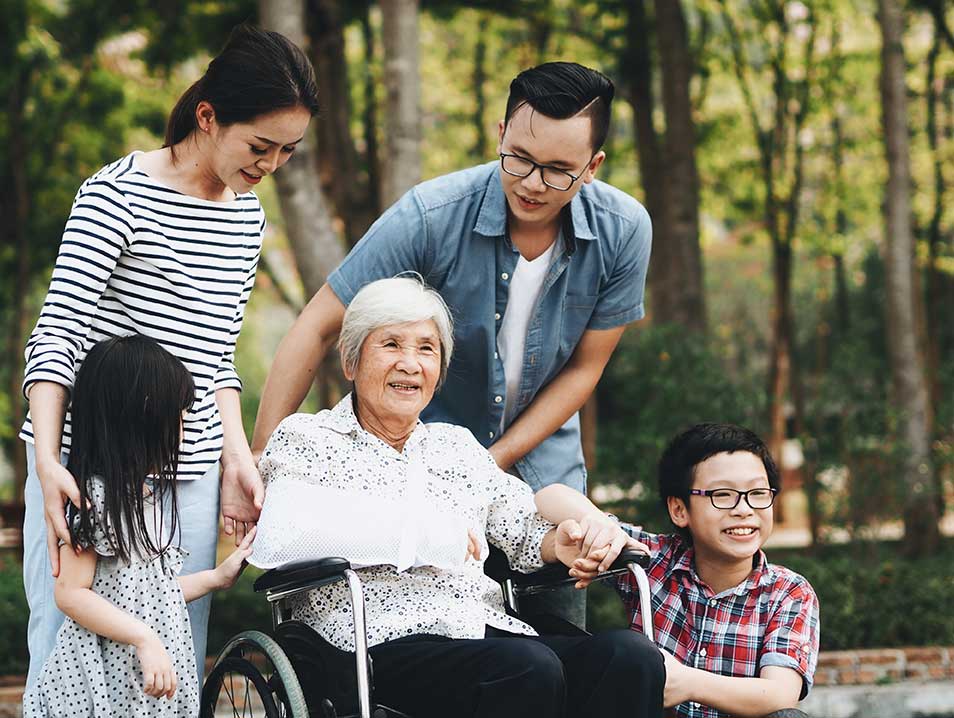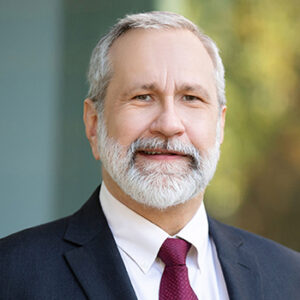Life Insurers Help Ease the Burden on Unpaid Caregivers

According to the Department of Health and Human Services, 59% of seniors will receive unpaid care during their lives, typically for about a year, from a family member. Currently, there are about 34 million unpaid caregivers in the United States who care for someone 50 or older.
Helping people take care of the things that matter most is the American Council of Life Insurers’ (ACLI) most critical mission. Paid family medical leave (PFML) through short-term disability benefits and long-term care insurance are vital protections that help individuals and families care for themselves and those they care about most. In fact, 11 ACLI member company executives discussed PFML with members of Congress last week.
Unpaid caregivers face constant emotional, financial, and physical stress, which impacts their health. According to recent surveys, 38% of unpaid caregivers say that caring for relatives is ‘highly stressful’, and 28% say their role made it harder to manage their own health. Since becoming an unpaid caregiver, 44% sleep less than before, 32% eat more, and 17% drink more alcohol. Not surprisingly, 39% also cope with a health condition that affects their own daily life or limits their activities.
Unpaid caregiving can also take a financial toll. Among adults who are long-term caregivers, 8 in 10 pay for associated costs out of their own pockets, with 13% spending $500 a month on these expenses. Many have to limit their working hours, reducing their take home pay. And one-quarter have reduced how much they save for their retirement due to their caregiving expenses.
Long-term homecare is routinely covered by long-term care insurance. Greater coverage would ease the burden on unpaid caregivers. But only about one-in-ten households have long-term care insurance.
As Baby Boomers and Generation X age and the ranks of the elderly swell, the burden on unpaid caregivers will increase. ACLI believes that paid family medical leave benefits provided through employer-insurer partnerships are vital to the financial security of families. And Americans agree: According to an Associated Press-NORC 2018 poll, “80% of adults age 40 and over support paid temporary leave programs to care for family members.”





